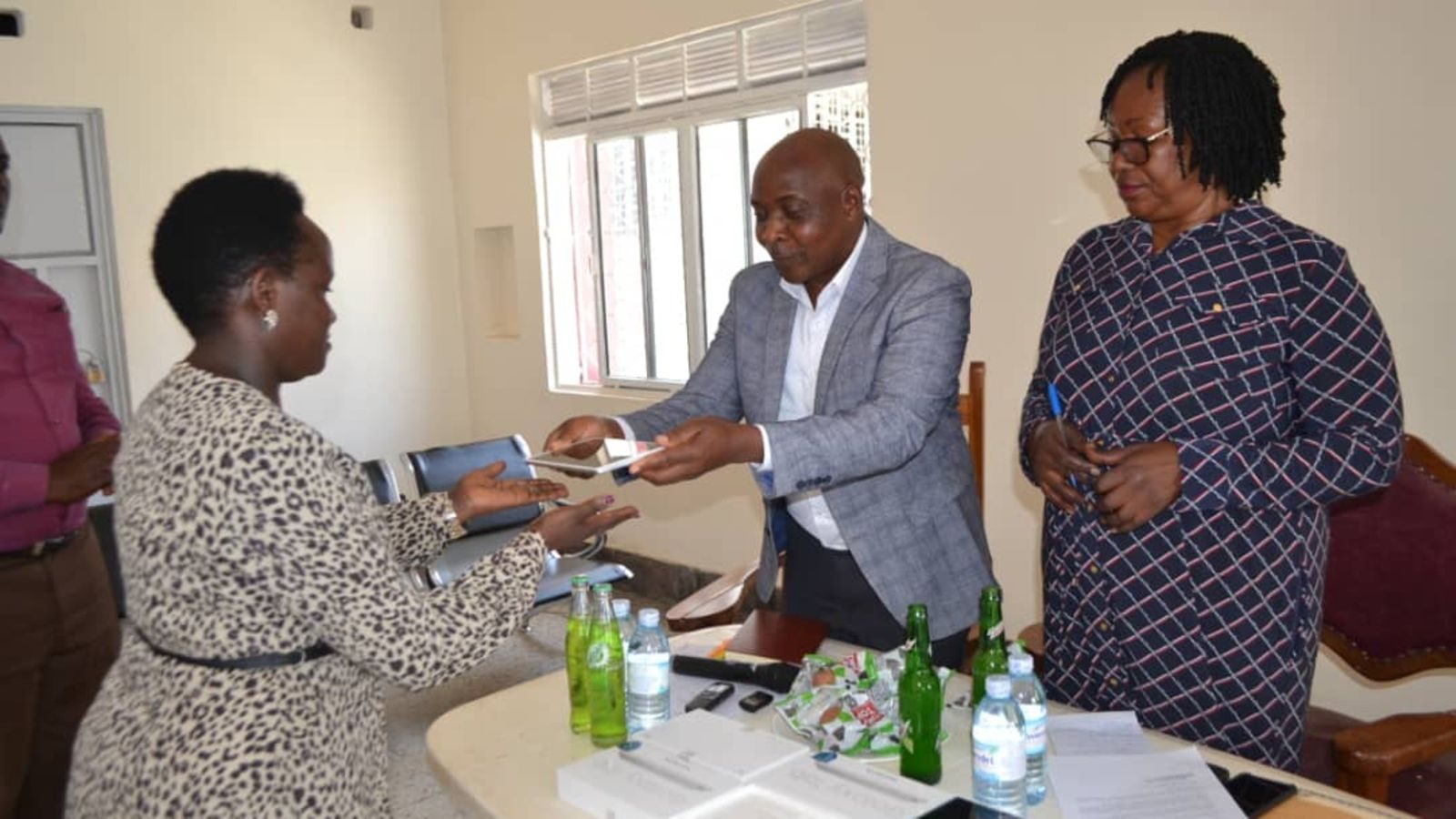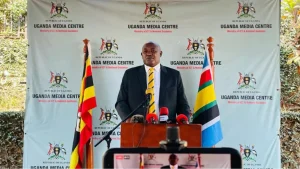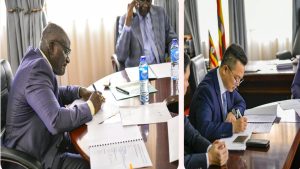Share
The electronic inspection system keeps track of everything that occurs in classrooms, which helps reduce teacher absence.
The electric inspection system aids in keeping track of everything that occurs in classrooms, which reduces teacher absenteeism.
Two tools—a teaching/learning observation and head teacher’s management—are placed on mobile phones and tablets used for the task.
According to Mr. Muyingo, the technology has proven successful in numerous public schools across the nation where it is currently being used.
“Our goal is to ensure that every student completes the curriculum. We cannot exclude private institutions from this discussion because the students they educate are citizens of this nation, he said in an interview on Monday.
According to Mr. Muyingo, the government will be able to identify which private schools are defrauding students and parents by not teaching the whole curriculum and subsequently refusing to renew their operating licenses using the same technology.
When schools register to begin operations in districts, municipalities, or cities, the licenses are given to them. The owners of the school are required to obtain a new license for registration status, which describes the school’s progress.
The status of the registration provides information about the qualifications of the teachers as well as the infrastructure of the school, such as the playgrounds, pit latrines, and classrooms.
The schools can then register with the Ministry of Education and Sports and obtain Uganda National Examinations Board (Uneb) registration numbers after obtaining the registration status licence.
The minister was commenting on the e-inspection program’s success in Masaka City’s numerous schools.
More tracking gadgets have not yet been supplied to private schools in the regions where e-inspection would be used, according to Mr. Steven Kakeeto, the principal education official for Masaka City. More than 200 public and private schools are located in Masaka City.
“Last Thursday, we met with the heads of all private schools in Masaka City and gave them a presentation on the operation of this tracking system and our plans to implement it in their institutions. In public schools, particularly those in the city center, it has been successful. The idea was well received by the head teachers,” he remarked.

The head teacher of Masaka Secondary School, Musa Mpungu Musoke, stated that the approach was well-accepted and that it had helped instructors stay on schedule.
The majority of our professors live on campus and don’t have transportation issues, which prevents other teachers from reporting early, according to him.
However, because of low internet connectivity, several schools in remote areas are still having trouble implementing the e-inspection system.
“Some of the schools also experience power (electricity) issues, and when there is a blackout, the tracking devices abruptly stop working. Accordingly, no staff attendance can be monitored on that particular day, according to Ms. Doris Rujuna, the Kimaanya-Kabonera Municipality’s school inspector.
She continued by saying that some teachers are still hesitant to clock in and out out of concern that the electronic system will record how many hours they actually spend at school, which could have an impact on their pay.
The goal of establishing that computerized system may have been defeated, Ms. Rujuna continued. “We have also learned that some teachers clock in and focus on other things within the school without really joining the classroom and then clock out in the evening.











